Newsroom
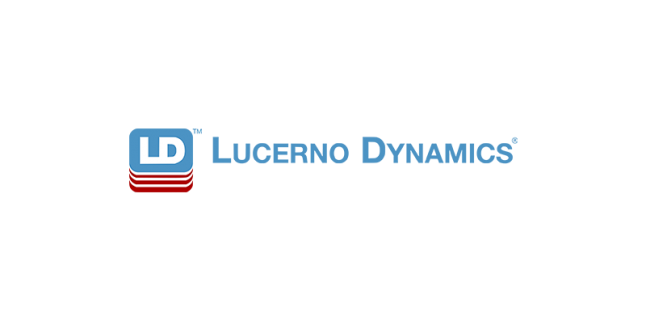
2021 Omnibus Includes Nuclear Medicine Patient Safety, Transparency Provisions
Lucerno announced that the Fiscal Year 2021 Omnibus Appropriations Act includes critical language to protect the safety of nuclear medicine patients and enhance transparency within the American healthcare system. Press Release
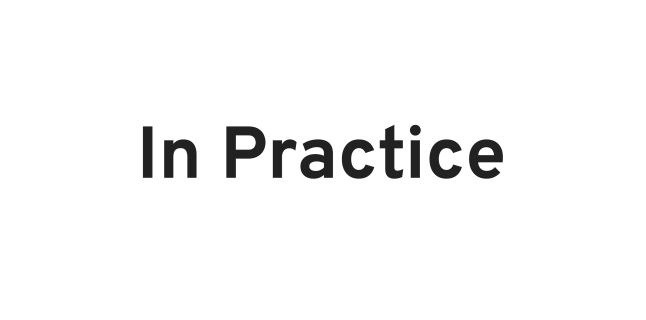
Precision Prospectus: Limiting Variability in PET Interpretation
“Reproducible, quantitative standardized uptake value (SUV) results from FDG-PET scans are increasingly viewed as important in clinical oncology—both in routine clinical practice, as well as in clinical trials.” Full Text

Extravasation Reporting: The Scientific Case for Regulatory Change
“The studies in which I have been involved identified factors such as the tools used for the injection, the technique, and the experience of the technologist that influence the probability of extravasation, rather than any patient-specific factor.” Full Text
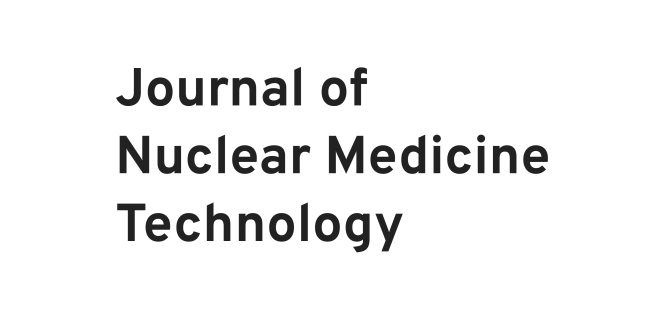
Detection of 18F-FDG Dose Leakage Using a Topical Device
“As part of routine monitoring of 18F-FDG PET administrations, an interesting case was identified that mimicked extravasation but represented dose leakage during infusion via an automatic injector. The Lara device provided a useful tool for more timely critical evaluation and problem solving, extending advantages to the patient and practice.” Full Text

2021 Appropriations Bills Enhance Nuclear Medicine Patient Safety, Transparency
Lucerno announced that Fiscal Year 2021 bills advanced this week by the House Appropriations Committee to the House floor include critical language to protect the safety of nuclear medicine patients and enhance transparency within the American healthcare system. Press Release
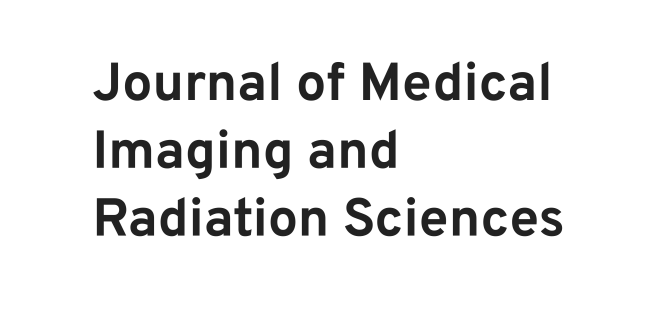
Topical Sensor for the Assessment of Injection Quality for 18F-FDG, 68Ga-PSMA and 68Ga-DOTATATE Positron Emission Tomography
“Topical monitoring and characterization of PET dose administration is possible and practical with the LARA device. Extravasation and partial extravasation of PET doses are not only readily detected but they are also preventable. The LARA device can provide the insights into variables that could eliminate extravasation as a cause of image quality or SUV accuracy issues.” Full Text

Petition for Rulemaking Calls on NRC to Prioritize Patient Safety, Transparency
Lucerno submitted a formal petition for rulemaking to the U.S. Nuclear Regulatory Commission, which calls on the agency to update a 1980 policy that allows nuclear medicine injection errors to remain hidden from patients, treating physicians, and NRC itself. Press Release

Hospitals shouldn’t be exempt from reporting faulty radioisotope injections
“…NRC is now re-evaluating the loophole that allows significant infiltrations to go unreported. Requiring reporting would be a small step for hospitals to implement but a big step toward improving patient care.” Full Text
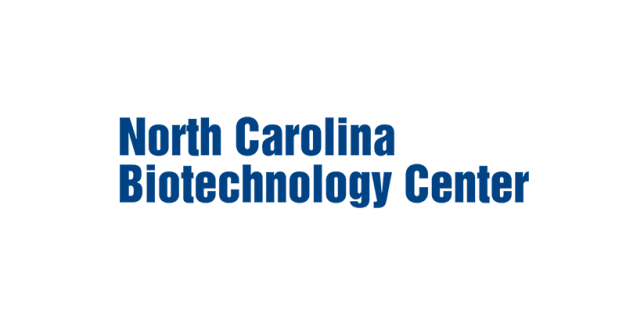
Lucerno Dynamics Delivers Quality Control Solution for Nuclear Medicine Injections
North Carolina Biotechnology Center publishes an interview with Ron Lattanze, CEO of Lucerno Dynamics.

Injection Integrity in 2020
“Infiltrations can be reduced. Using the techniques described, our 2 departments have shown a significant reduction in infiltration rates. Our main department, with a fixed-site PET/CT scanner, began with a 13.3% infiltration rate and reduced it to under 3% for 2 consecutive years and continues to improve. The mobile PET/CT department started with a 15.5% infiltration rate, reduced it to under 5%, and has maintained it there.” Full Text (subscription required).
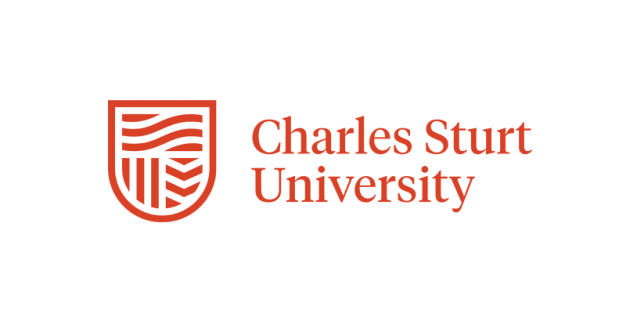
Topical Sensor for the Assessment of Injection Quality for 18F-FDG, 68Ga-PSMA and 68Ga-DOTATATE Positron Emission Tomography
“Topical monitoring and characterisation of PET dose administration is possible and practical with the LARA device. Extravasation and partial extravasation of PET doses are not only readily detected but they are also preventable. The LARA device can provide the insights into variables that could eliminate extravasation as a cause of image quality or SUV accuracy issues.” Full Text

39 States Call on NRC to Update Nuclear Medicine Safety Policy
The Organization of Agreement States (OAS) – 39 states that work with the U.S. Nuclear Regulatory Commission (NRC) to regulate medical use of radioactive material – has called on NRC to update a 1980 policy that allows nuclear medicine injection errors (extravasations) to remain hidden from patients, treating physicians, and NRC itself. Press Release
